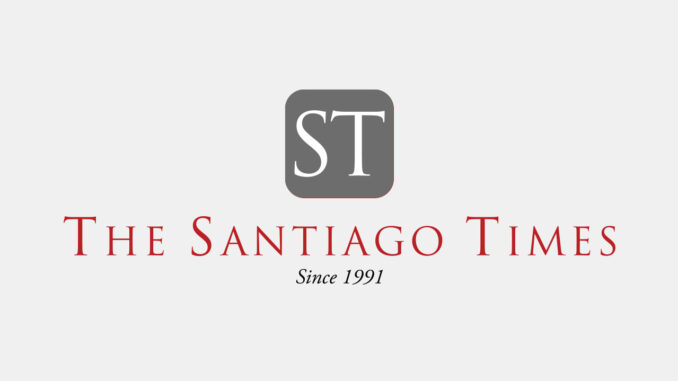
History never passes. A foreigner coming to Chile in the 21st century learns as much pretty quickly. Particularly relevant remains the Pacific War 1879-1883; it is a key ingredient in the story Chileans tell about themselves.
Most stories people tell about themselves, however, are too good to be true and so give rise to myth. These then contribute much to make peoples and nations – and thus have impact on the real world.
A vivid example is the War of the Pacific, which contains three myths: heroism, humanism, and victory.
Today, children in kindergarten can already recount the story of Arturo Prat, who heroically threw himself into enemy fire during the Battle of Iquique. The problem with that story is not necessarily that it’s not true; it’s that we just can’t know. Who actually witnessed the deed? Could it have gotten down differently? Chileans prefer not to know. They always had to make sense of a humiliating defeat. As a people they just keep telling the story their children and so reinforce the myth as fact. Since the Peruvians have done the same, the Pacific War adds much to the rivalry between the countries even 135 years after the act.
Heroism is still more vivid in places, most pronouncedly in Los Heroes metro station. The soldiers of the Pacific War, the story runs, fought valiantly against two armies at once, tough but fair, and not even the occupation of Lima transgressed boundaries of human decency. Again, this myth is just seen as fact and reinforced by the mural paintings in said metro station.
This is a rather dangerous myth and perhaps the most emotional one. But it prevents Chileans from seeing the problem from the other side. Thus, when Bolivians today present the campaign fought by Chile as incredibly brutal, Chileans brush these sentiments off as propaganda and lies. They don’t want to believe that there is some truth to what Bolivia says. The War of the Pacific, has any war at any place and any time, was not a clean campaign and its soldiers no shin heroes. To the contrary. Especially the army had problems to recruit fighters. Privileged and rich people, then as now, don’t get into combat. They become officers who fight the war from their desks. Many poor people at the time of the war, were needed to work the haciendas and therefore enjoyed a degree of protection from their patrons. Only the unemployed were actually left over. In that time that meant drunkards and criminals or both. The army didn’t make much fuss about them either. They received something like a uniform and a rifle and were let loose. Hence, Bolivians were rightly afraid, and they use this brutality until today to make a case against Chile. If Chileans had been more critical of that particular war, they could see the problem from the other side – and make a much stronger argument against Bolivia. General Daza, one of Bolivia’s most powerful generals at the time, deserted the grounds he was supposed to defend, effectively handing territory and people over to Chile (something leftists should consider when naïvely talking about handing territory to the Bolivian brothers).
A third myth pertains to victory. Though ruthlessness of the Chilean thug army contributed much to victory in the north, it did not bring victory overall. In fact, overall victory belongs to Argentina. This aspect is still much neglected in folk and in academic history. But think about it: Argentina first assured Peru and Bolivia of watching their backs if they’d turn up the heat on Chile. And once war broke out, Argentina kept its allies going by selling arms and supplies, turning a handsome profit for its elites.
Sliding therefore into violent morass in the north left the southern flank in Patagonia open – and the Argentine strategists acted swiftly and nifty. Blackmailing Chile over Patagonia was surely immoral, but well, international relations have never been a liberal utopia.
From a military perspective and morals aside, Argentina campaign actually deserves credit. How many nations gained valuable territory – crucial in its subsequent rise to the ‘Paris of South America’- in a war they didn’t even fight, made profits along the way without losing a single bullet or drop of blood.
Considering all this, the Pacific War is perhaps the single most important event in Chilean history. It did not only make the territory as it is today; it also created the mirror Chileans want to look into. Moreover, many contemporary challenges of Chilean foreign policy emanate from that war and so it remains a doorstep leading into the Chilean soul.

